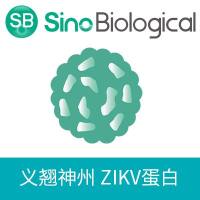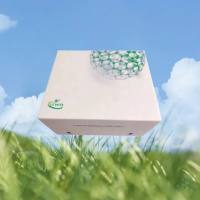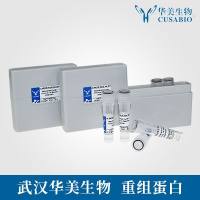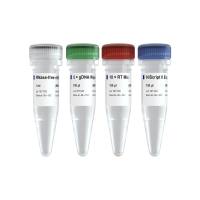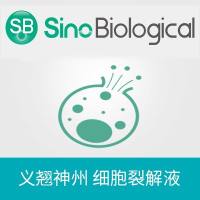The isolation of embryonic stem cells (ESCs) has furthered our understanding of normal embryonic development and fueled the progression of stem cell derived therapies. However, the generation of ESCs requires the destruction of an embryo, making the use of these cells ethically controversial. In 2006 the Yamanaka group overcame this ethical controversy when they described a protocol whereby somatic cells could be dedifferentiated into a pluripotent state following the transduction of a four transcription factor cocktail. Following this initial study numerous groups have described protocols to generate induced pluripotent stem cells (iPSCs). These protocols have simplified the reprogramming strategy by employing polycistronic reprogramming cassettes and flanking such polycistronic cassettes with loxP or piggyBac recognition sequences. Thus, these strategies allow for excision of the entire transgene cassette, limiting the potential for the integration of exogenous transgenes to have detrimental effect. Others have prevented the potentially deleterious effects of integrative reprogramming strategies by using non-integrating adenoviral vectors, traditional recombinant DNA transfection, transfection of minicircle DNA, or transfection of episomally maintained EBNA1/OriP plasmids. Interestingly, transfection of mRNA or miRNA has also been shown to be capable of reprogramming cells, and multiple groups have developed protocols using cell penetrating peptide tagged reprogramming factors to de-differentiate somatic cells in the absence of exogenous nucleic acid. Despite the numerous different reprogramming strategies that have been developed, the reprogramming process remains extremely inefficient. To overcome this inefficiency multiple groups have successfully used small molecules such as valproic acid, sodium butyrate, PD0325901, and others to generate iPSCs.
The fast paced field of cellular reprogramming has recently produced protocols to generate iPSCs using non integrative techniques with an ever improving efficiency. These recent developments have brought us one step closer to developing a safe and efficient method to reprogram cells for clinical use. However, a lot of work is still needed before iPSCs can be implemented in a clinical setting.
